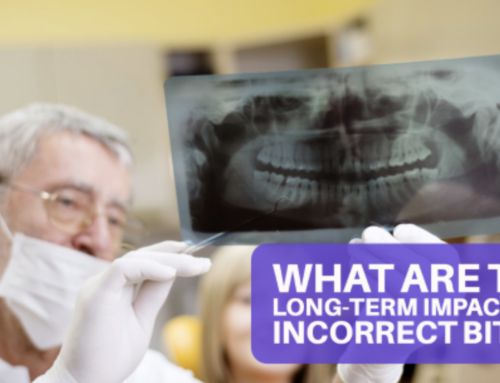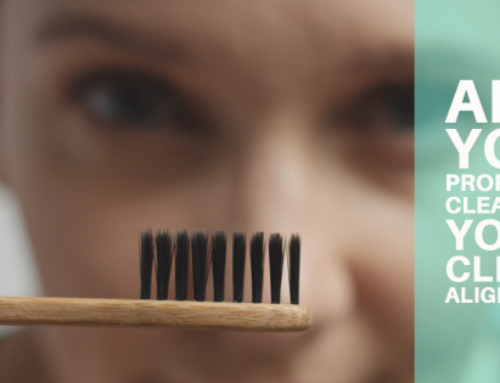Most parents want what’s best for their children. Part of that includes making sure they have healthy teeth. Orthodontic problems can start at a very young age and, if they go untreated, can cause a whole host of other dental problems down the road. That’s why it’s important to be aware of the warning signs of teeth crowding in your child.
According to the American Association of Orthodontists, you should take your child for a visit to the orthodontist at least by the age of seven. Let’s review some of the signs of teeth crowding in your child.
1. Overly Crowded Teeth
The most obvious sign that your child has crowded teeth is if their teeth are clearly too close together. It can cause problems including difficulty cleaning their teeth properly and an increased risk of cavities and gum disease.
2. Difficulty Chewing or Biting
If your child is having difficulty chewing or biting their food, it could be a sign of teeth crowding. When the teeth are not in alignment and aren’t able to come together properly, it can make it hard to chew properly. This can also lead to problems with digestion.
3. Mouth Breathing
You may notice your child’s mouth breathing more often than usual. Mouth breathing often happens due to a blockage in the nasal passages which makes it difficult to breathe through the nose. It can also lead to dry mouth and bad breath.
4. Grinding or Clenching Teeth
Does your child grind or clench their teeth? Grinding is often a sign of stress but can also be due to crowding. If your child grinds their teeth at night, it can lead to headaches, jaw pain, and damage to the teeth. A nightguard can help protect the teeth from grinding until you can visit an orthodontist.
5. Speech Impairments
If your child has speech impairments but doesn’t have missing front teeth – crowding may be the culprit. When teeth aren’t aligned, it can affect how the tongue moves and pronunciation. Your child can continue to experience problems with articulation and enunciation.
If you notice any of these signs in your child, it’s important to schedule an appointment with an orthodontist. They will be able to assess the situation and recommend the best course of treatment. Give us a call today to get started!



